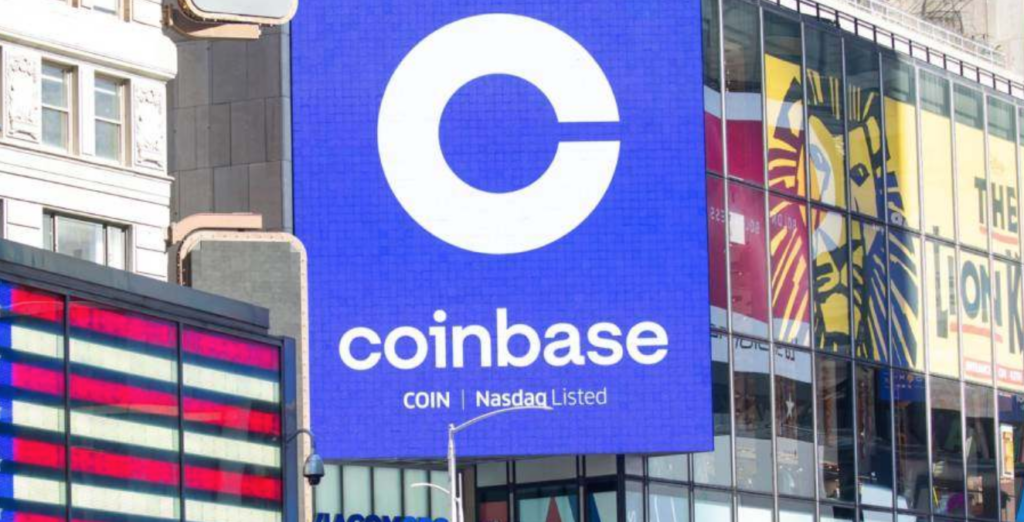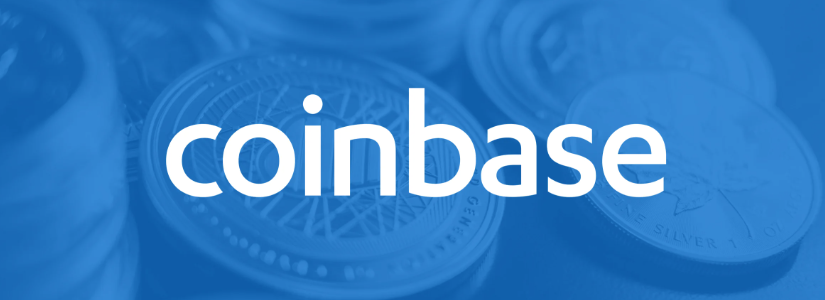TL;DR
- Coinbase will delist all unauthorized stablecoins in the European Economic Area by December 30, 2024.
- Regulation of stablecoins under MiCA requires authorization as an electronic currency in at least one member state.
- Coinbase will offer options for users to convert their stablecoins to compliant versions, such as Circle’s USDC.
Coinbase Global Inc. has decided to clamp down on unauthorized stablecoins on its platform by delisting these assets in the European Economic Area (EEA) by December 30, 2024.
This decision comes in a context of increasing regulation in the cryptocurrency sector, where the European Union is implementing new rules under the framework of the Market in Cryptoassets (MiCA).
These regulations aim to provide a clear and secure framework for cryptocurrency operations, especially with regard to stablecoins, which have gained popularity and trading volume in recent years.
As of June 30, 2024, stablecoin issuers in the EU must have an electronic money authorization in at least one member state. This requirement seeks to ensure that stablecoins maintain a level of security and transparency, thus providing greater confidence to users.
Coinbase, in its commitment to regulatory compliance, has stated that it will restrict the provision of services to EEA users in relation to stablecoins that do not align with the requirements set out by MiCA.
This means that tokens that fail to achieve the necessary authorization will not be able to be used on the platform, which could significantly impact coins like Tether’s USDT.
As the deadline approaches, Coinbase has announced that it will provide details on its future plans in the coming month, including options available for users to convert their stablecoins to EU-compliant versions such as the USDC issued by Circle.
Not only is this move a response to new regulations, but it could also encourage the adoption of stablecoins that comply with European requirements, which could benefit users by offering them safer and more reliable alternatives.
Changes in Coinbase’s cryptocurrency ecosystem
Coinbase’s decision is in line with a trend of other exchanges that have begun restricting access to Tether stablecoins in Europe before MiCA comes into full force.
Companies like OKX, Bitstamp and Uphold have already implemented similar restrictions, highlighting the impact the regulations will have on the sector.
As regulation intensifies, other financial firms, such as Robinhood and Revolut, are considering launching their own stablecoins in order to compete with Tether, which has not yet received the necessary authorization to operate in the region.
This scenario highlights the importance of companies in the crypto sector adapting to the regulations that are emerging in Europe.
With increasing scrutiny and an evolving regulatory environment, the ability of exchanges to comply with these new rules will be crucial to their future.
Users, for their part, must be aware of the available options and changes in the policies of the platforms they use, ensuring that their assets remain within the legal framework.
In conclusion, Coinbase’s removal of unauthorized stablecoins and the implementation of MiCA regulations represent a significant shift in the cryptocurrency ecosystem in Europe.
These changes not only affect exchange platforms, but also redefine the way users interact with their digital assets, ushering in a new era of regulatory compliance in the sector.











